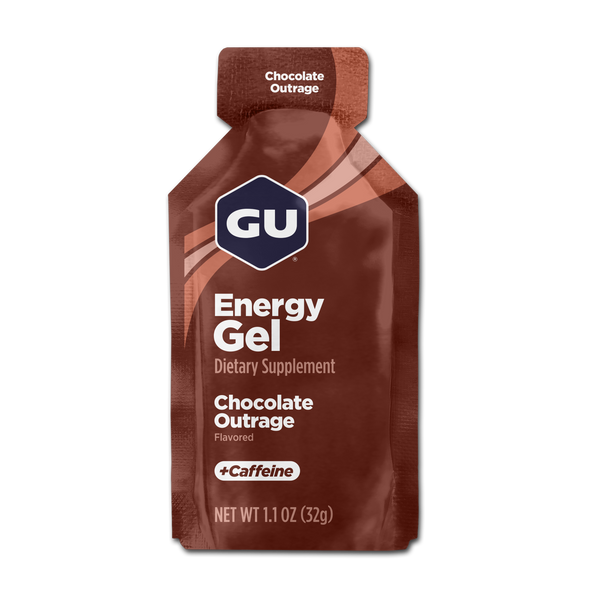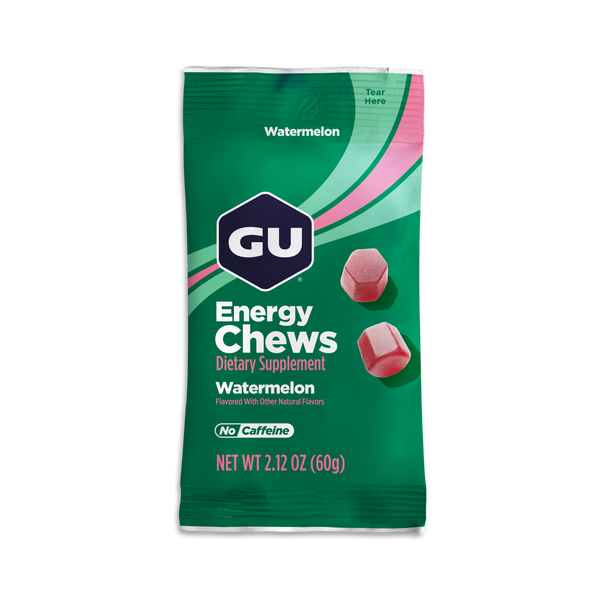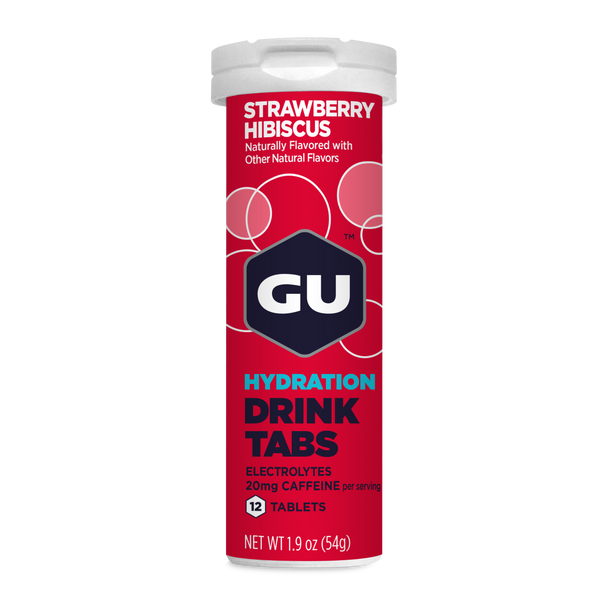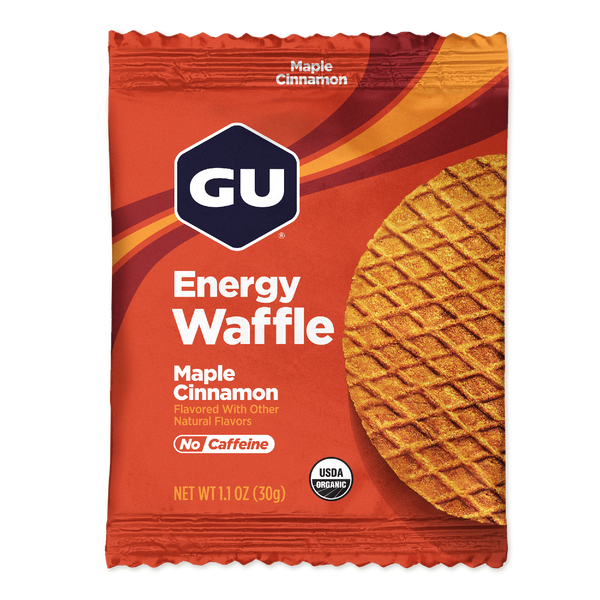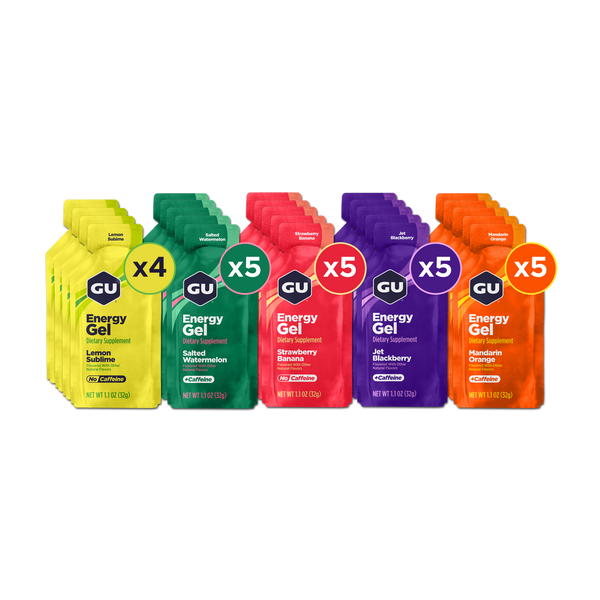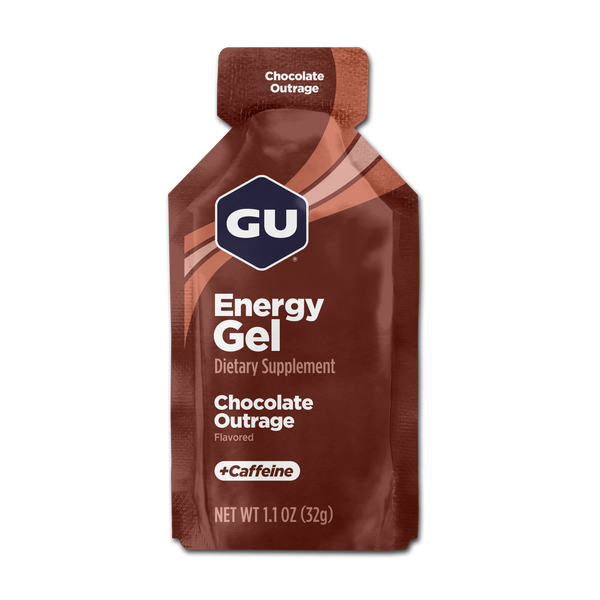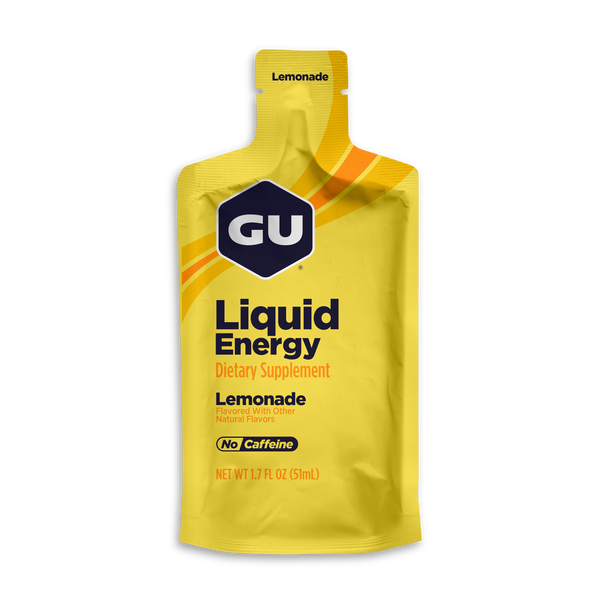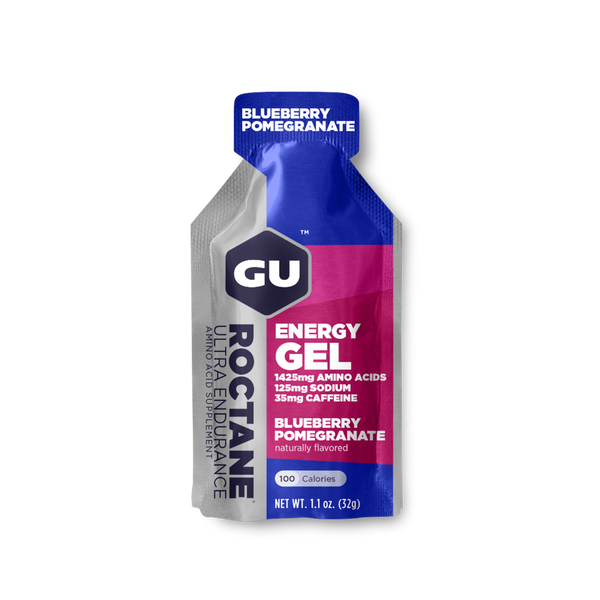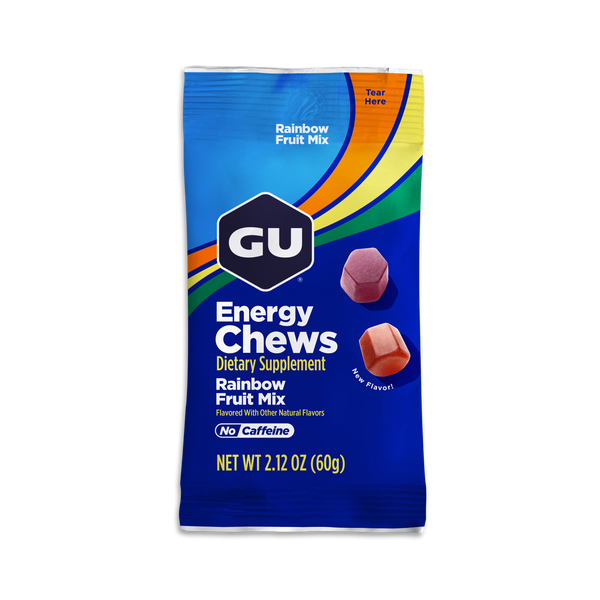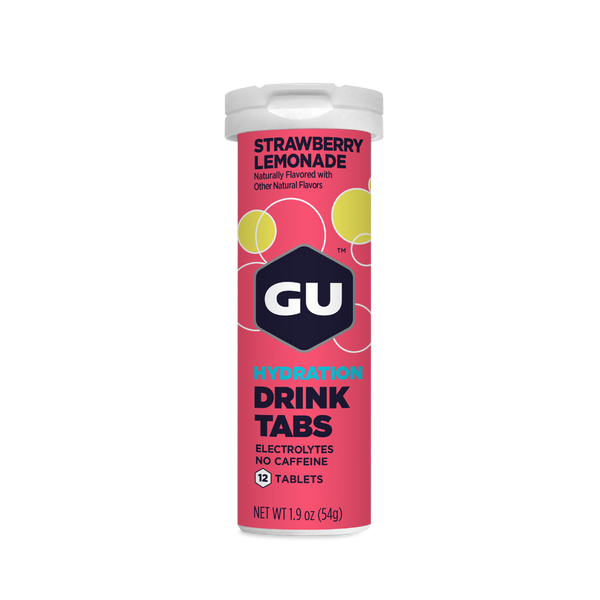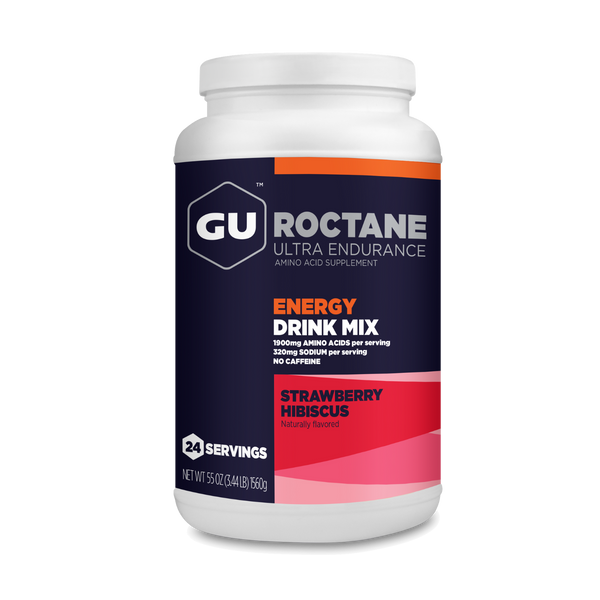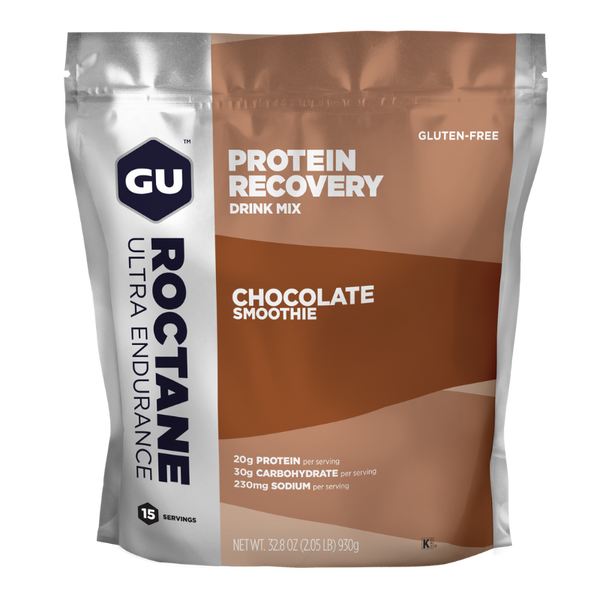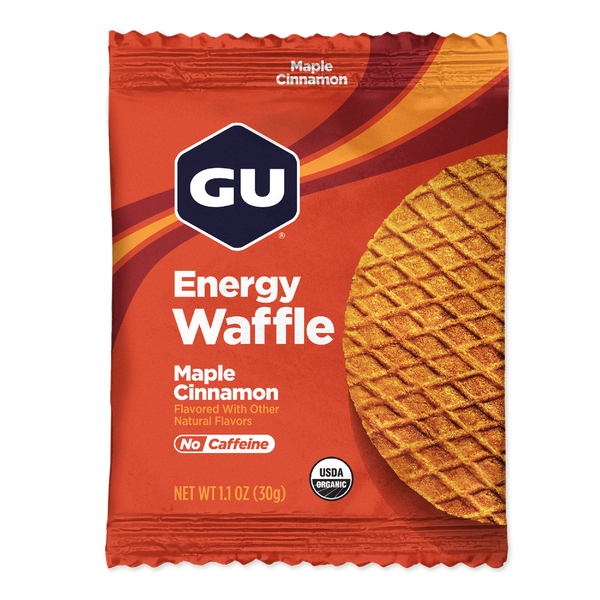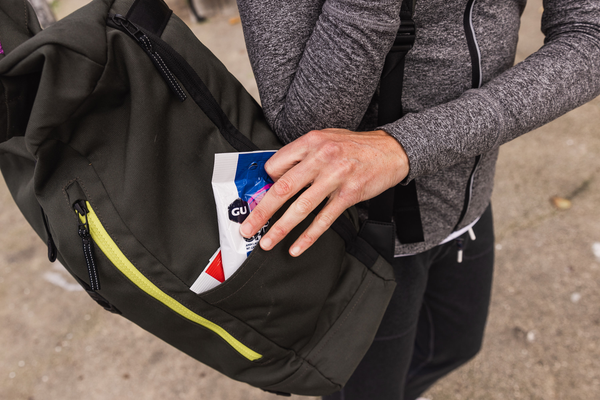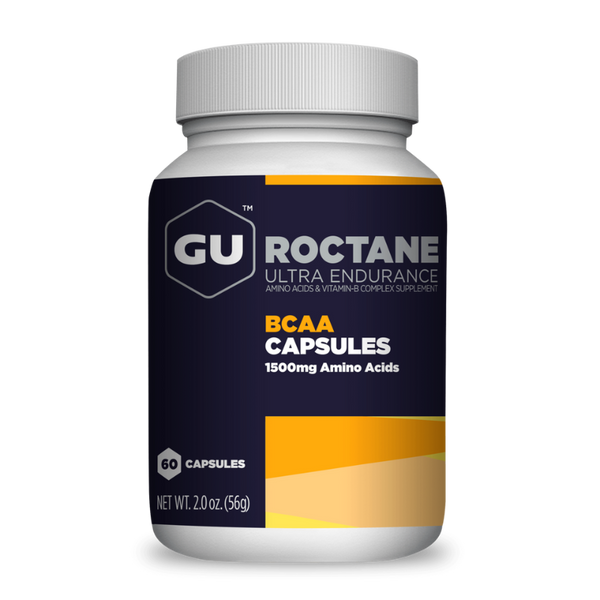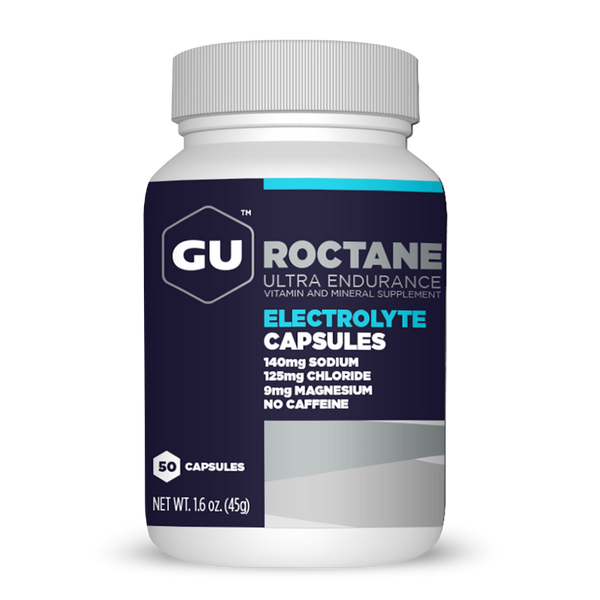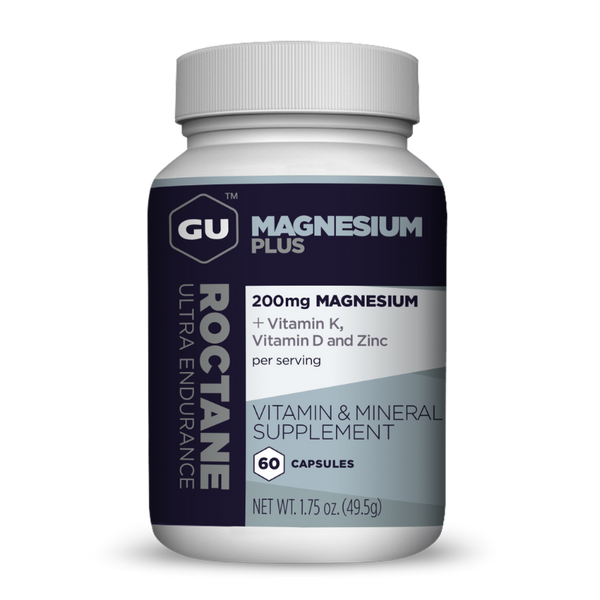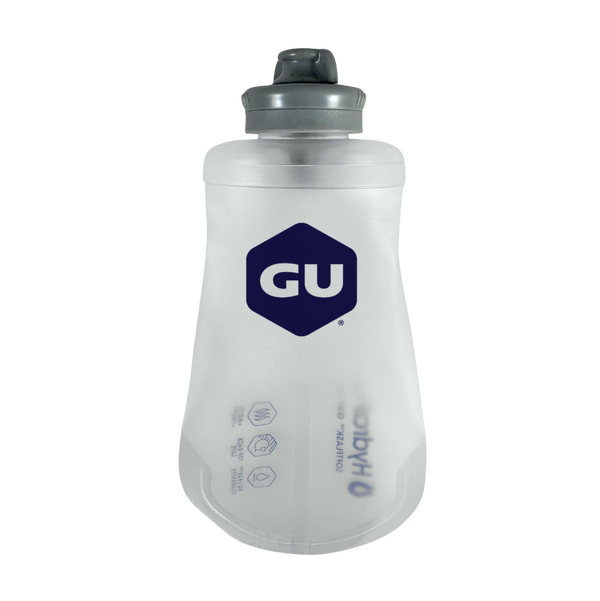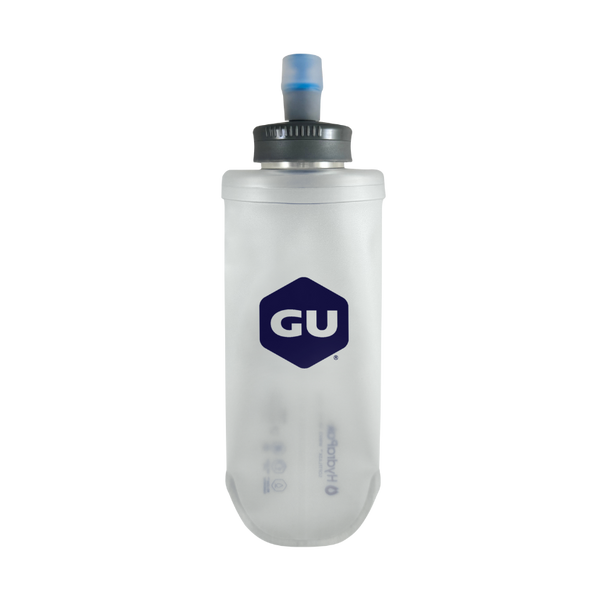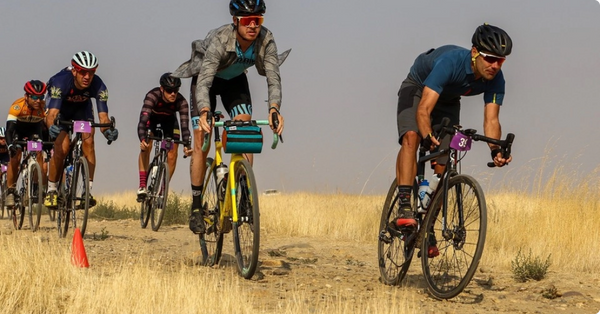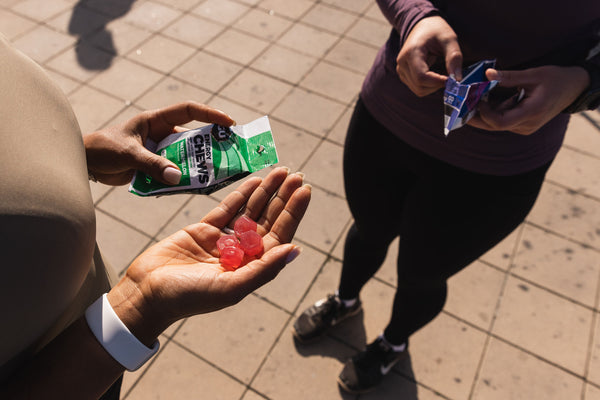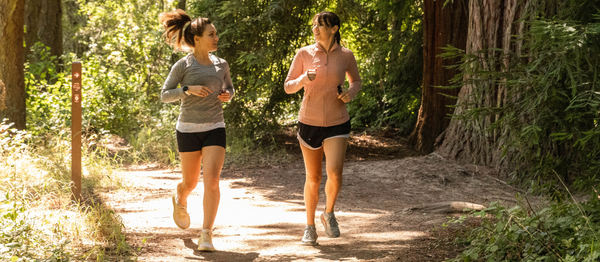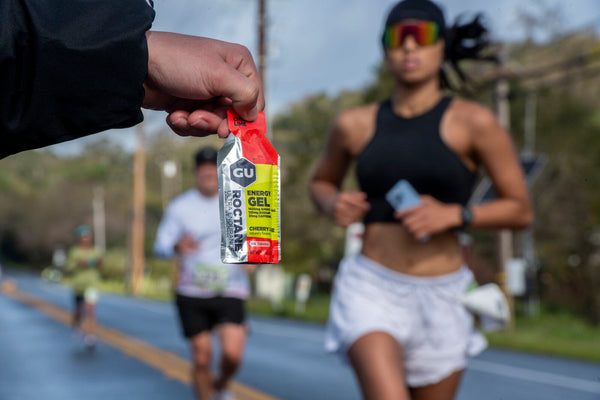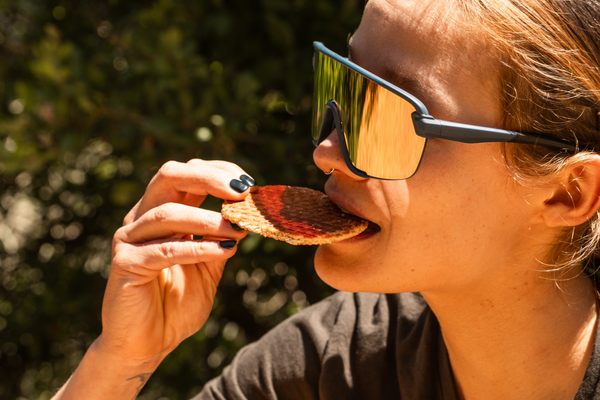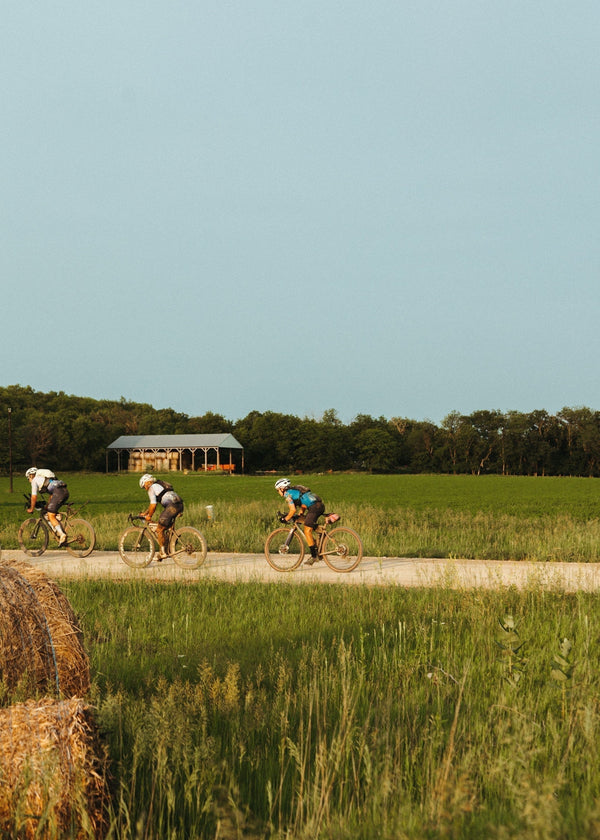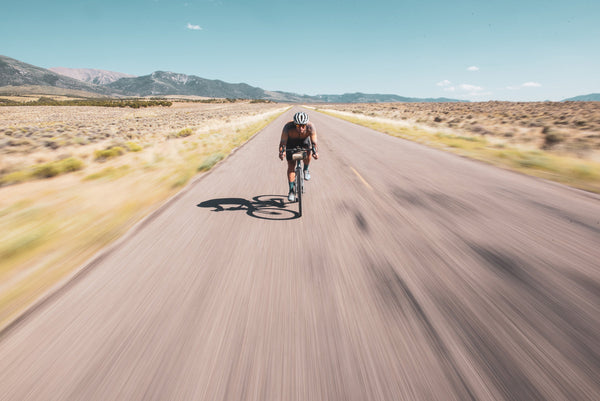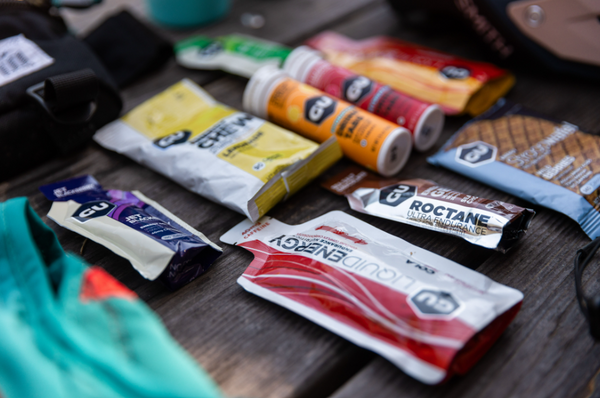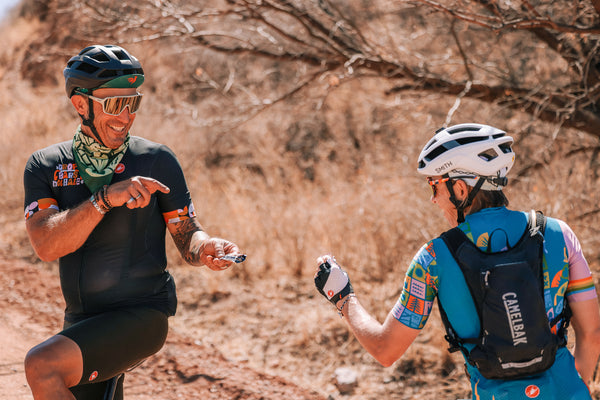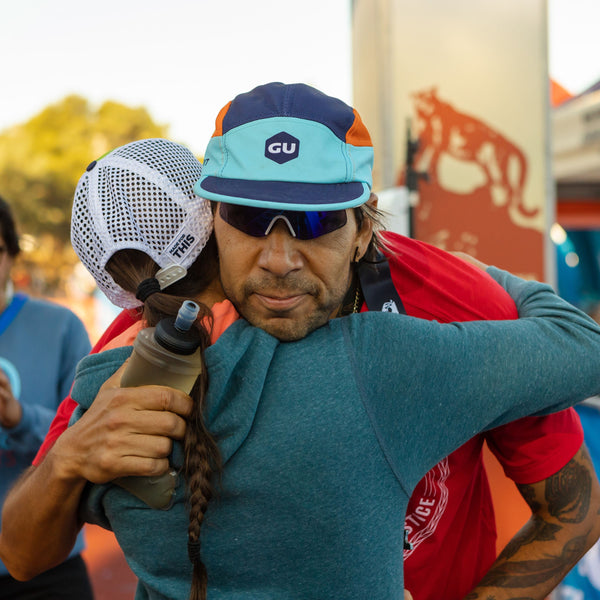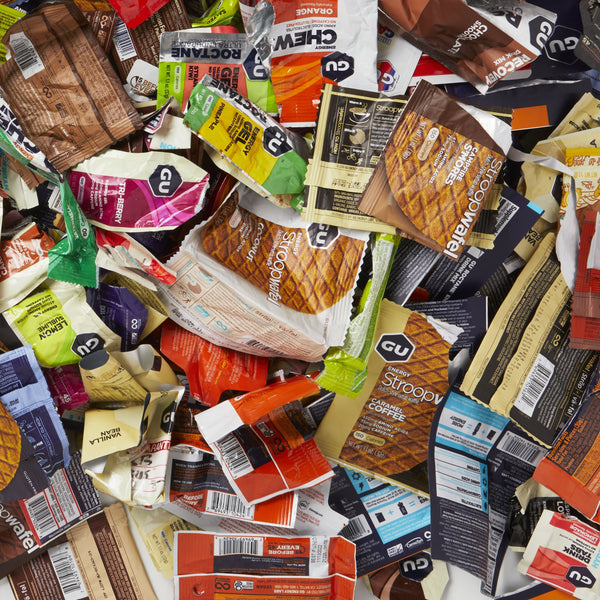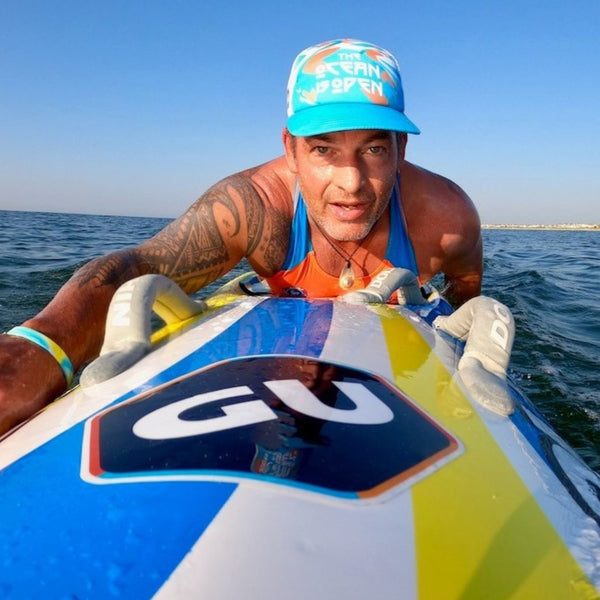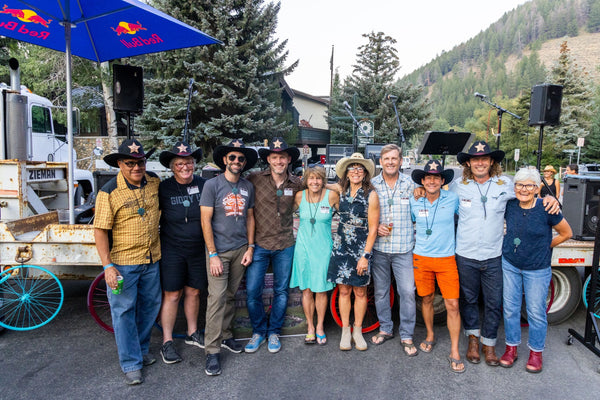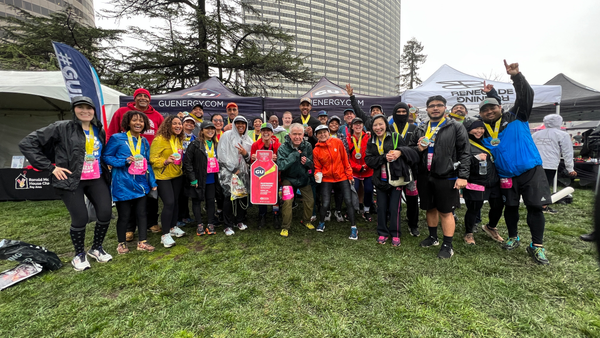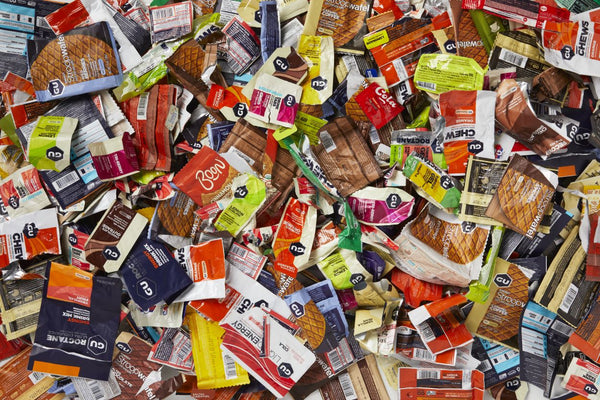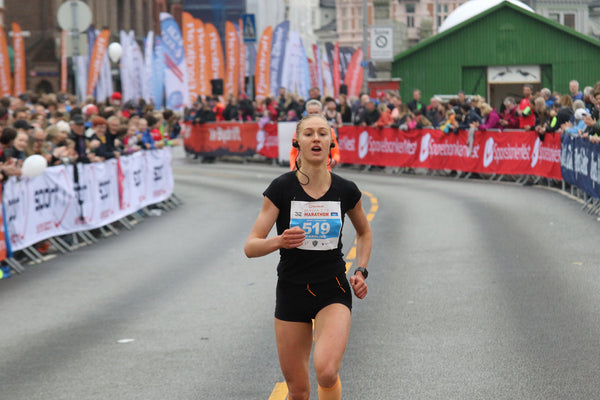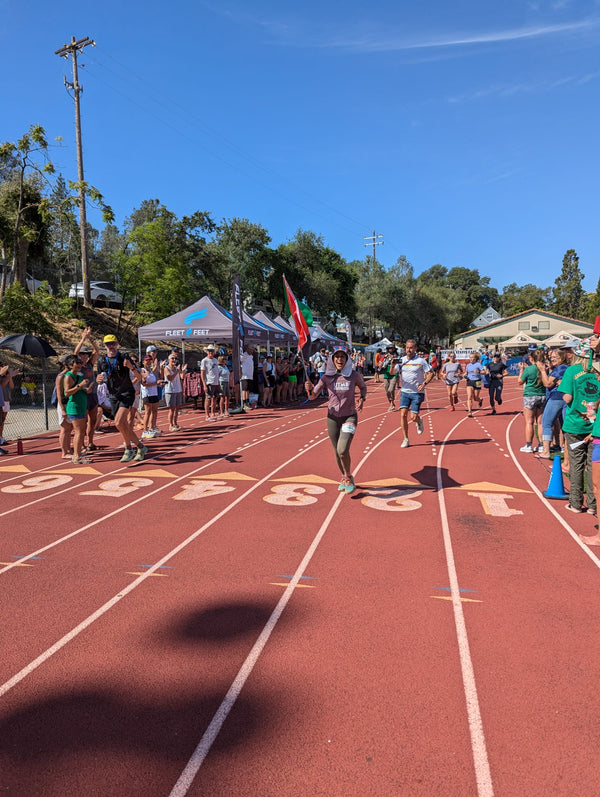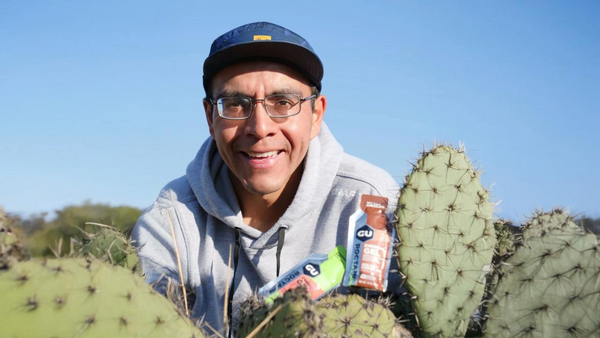Our Tips for Race Recovery: How to Recover After a Big Run
Crossing the finish line is an incredible feeling—whether you just completed a 5K, 10K, or half marathon, you deserve to celebrate. But before you start planning your next race, there’s one crucial step left: recovery.
Post-race recovery isn’t just about resting—it’s about giving your body what it needs to repair, rebuild, and come back even stronger. Proper recovery helps reduce soreness, prevent injuries, and keep you feeling good for your next run. So, how long does it take to recover after a long run? What should you eat post-race? Here are the best post-race recovery tips to help you bounce back.
Why Recovery Matters After a Race
A race pushes your body to the limit. Your muscles experience microtears, your glycogen stores become depleted, and dehydration sets in. Without proper recovery, you risk prolonged soreness, fatigue, and potential injury.
By focusing on nutrition, hydration, movement, and rest, you can speed up recovery and set yourself up for success in your next training cycle.
Step 1: Refuel with the Right Post-Race Recovery Food
After a race, your body is depleted of glycogen (energy) and needs protein to repair muscle damage. Eating within 30–60 minutes post-race jumpstarts recovery.
Best Foods for Post-Race Recovery
· Carbohydrates – Replenish glycogen stores with whole grains, fruit, or potatoes.
· Protein – Supports muscle repair. Aim for 20–30g of protein from sources like lean meats, eggs, or protein recovery drinks.
· Electrolytes – Replace lost sodium, potassium, and magnesium with electrolyte-rich foods or hydration drinks.
· Anti-Inflammatory Foods – Reduce muscle soreness with foods rich in antioxidants, like berries, spinach, and turmeric.
GU’s Top Picks for Recovery Nutrition
· Roctane Protein Recovery Drink – Delivers 20g of whey protein plus fast-acting carbs to replenish energy and repair muscles.
· Energy Gels – Quick and convenient for refueling immediately after a race.
· Hydration Tabs – Essential for restoring electrolyte balance after sweating it out on race day.
If you don’t feel like eating after a race, start with a liquid recovery drink before transitioning to solid foods.
Step 2: Rehydrate to Speed Up Recovery
Even if you drank water throughout the race, you’re likely dehydrated by the finish line. Aim to drink at least 16–24 ounces of fluids per pound lost during the race.
Best Post-Race Hydration Strategies
· Water First – Rehydrate gradually instead of chugging large amounts at once.
· Electrolytes Matter – Water alone isn’t enough—you also need sodium, potassium, and magnesium to restore balance. GU Hydration Tabs help with this.
· Caffeine Considerations – If you used caffeinated gels during your race, balance them with water and electrolyte drinks to avoid dehydration.
Step 3: Active Recovery – Keep Moving
Rest is essential, but complete inactivity can make soreness worse. Light movement increases blood flow and helps your body clear metabolic waste.
Best Post-Race Recovery Activities
· Short Walks – Prevent stiffness by walking for 10–15 minutes post-race.
· Gentle Stretching & Yoga – Loosens tight muscles and promotes relaxation.
· Foam Rolling – Reduces muscle tightness and improves circulation.
· Swimming or Cycling – Low-impact exercises keep your body moving without adding stress.
Step 4: Get Quality Sleep
Your body does its best recovery while you sleep. Lack of sleep can slow down muscle repair and weaken your immune system.
How to Improve Sleep After a Race
· Stick to a Sleep Routine – Go to bed at the same time each night.
· Limit Caffeine & Alcohol – Both can disrupt deep sleep and prolong recovery.
· Take a Warm Bath – Helps relax sore muscles and promote deeper sleep.
Step 5: Listen to Your Body – When to Run Again
How long it takes to recover depends on the race distance and your experience level.
· Shorter races (5K-10K) – 1–3 days of easy movement before resuming training.
· Longer races (half marathon and beyond) – 7–10 days of light activity before returning to full training.
If you’re still feeling fatigued after a few days, add extra rest. Your body knows best.
Race Recovery Tips from the Pros
· Avoid the "Post-Race Slump" – Set a new, low-pressure fitness goal to stay motivated.
· Don’t Rush Back into Training – Overtraining can lead to injuries. Enjoy the recovery process.
· Prioritize Nutrition & Hydration – Recovery starts from within—fuel your body well.
Final Thoughts: Make Recovery a Priority
Recovering after a race isn’t just about resting—it’s about giving your body the right tools to heal. By focusing on nutrition, hydration, movement, and rest, you’ll bounce back faster, reduce soreness, and set yourself up for future PRs.
Take your recovery seriously, enjoy some well-earned rest, and get ready for your next race.
Post-Race Recovery FAQs
Q: What should I eat after a race?
A: A mix of carbohydrates, protein, and electrolytes. Try a recovery shake followed by a balanced meal.
Q: How long should I rest after a race?
A: It depends on the distance. Shorter races may only require a few days, while longer ones may need a full week of reduced activity.
Q: How do I speed up post-race recovery?
A: Hydrate, eat well, sleep, and use active recovery techniques like foam rolling and light movement.
Q: What’s the best way to recover from sore muscles?
A: Hydration, stretching, foam rolling, and anti-inflammatory foods help reduce soreness.

